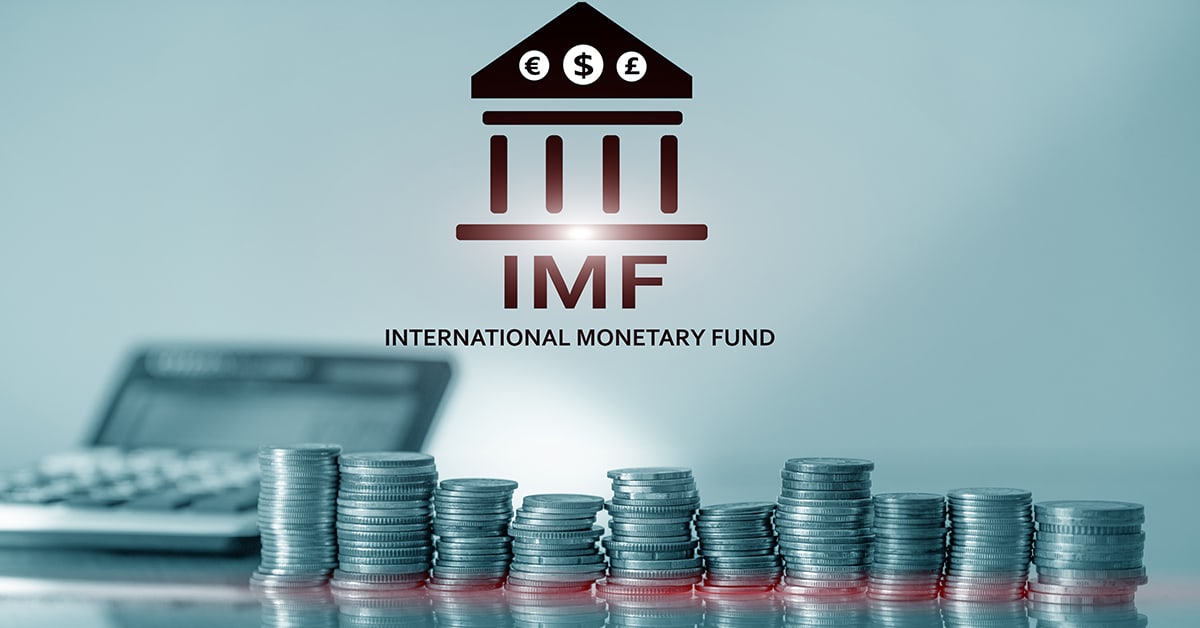Gita Gopinath's surprise appointment comes just two months after she was to depart from the IMF for academia.

The International Monetary Fund (IMF) did not have to look too far to find its new first deputy managing director. In an unexpected twist, the Washington-based global lender appointed Gita Gopinath, who has been the organization’s chief economist since 2019, to the post. Gopinath replaces Geoffrey Okamoto, and comes just two months after she had announced plans to return to academia. In her move from top adviser to top executive of the IMF, Gopinath will have a real shot at turning research into policymaking.
Born in Kolkata, India, the 50-year-old Gopinath studied economics at the University of Delhi and the University of Washington, and earned her doctorate at Princeton University. After a stint as an assistant professor at the University of Chicago, she joined Harvard University, where she became the economics department’s first female tenured professor in 2010. When the IMF’s then-Managing Director Christine Lagarde appointed her chief economist, she became the first woman to occupy that post. According to her father, she was a mediocre student until seventh grade before improving her average.
Gopinath’s appointment comes at a critical time for the IMF. Perennially criticized for bowing to political pressure and for its willingness to lend to countries with poor human rights records, the lender found itself engulfed in yet another scandal in October when its chief, Kristalina Georgieva, was forced to deny allegations that she had asked officials to boost China’s ranking in the Doing Business Report when she was the World Bank CEO.
Martin Edwards, professor and chair of the School of Diplomacy and International Relations at Seton Hall University, says Gopinath represents a home run for Georgieva. “She needed a boost of credibility following her ethics inquiry, and focusing on expertise rather than a political appointment helps strengthen the IMF’s legitimacy,” he says. “That is even more important at this particular juncture. The fund faces more challenges than ever: ensuring its independence, navigating a needed capital increase and helping countries suffering from the dual challenges of debt and Covid-19 recover quickly.”



